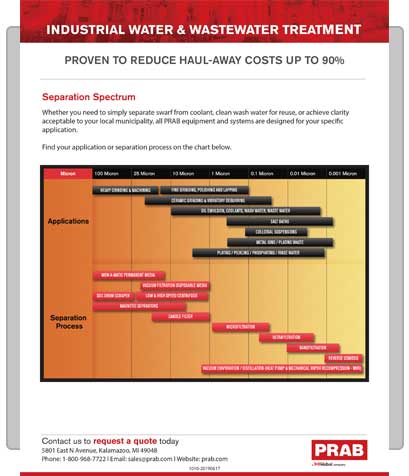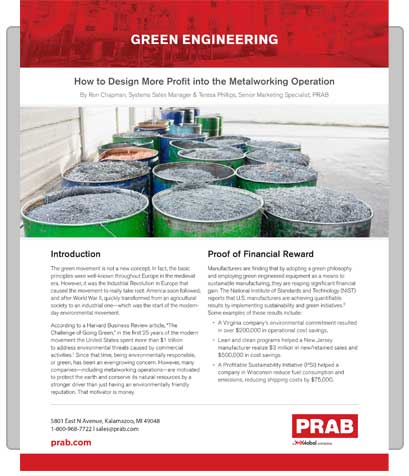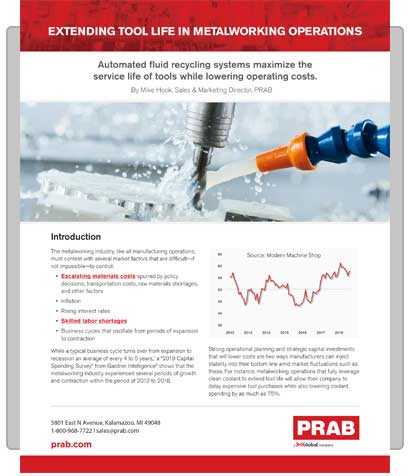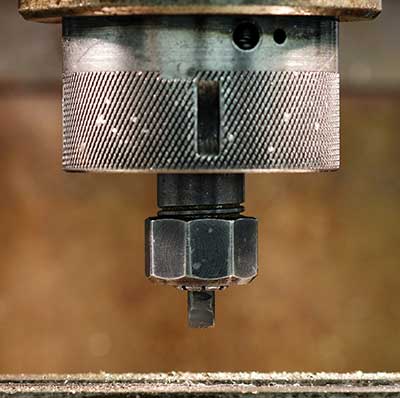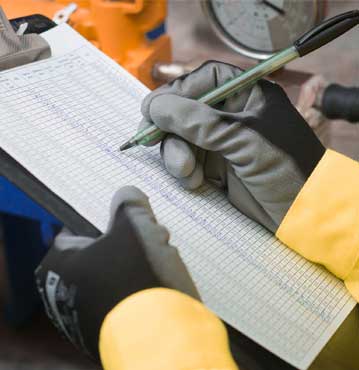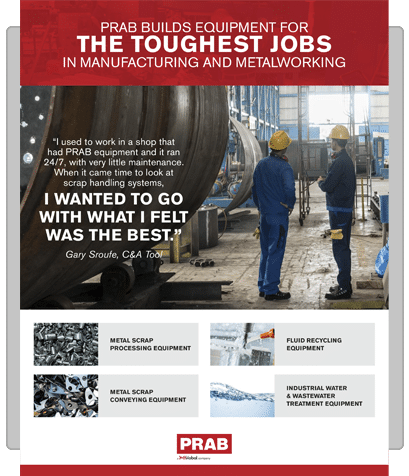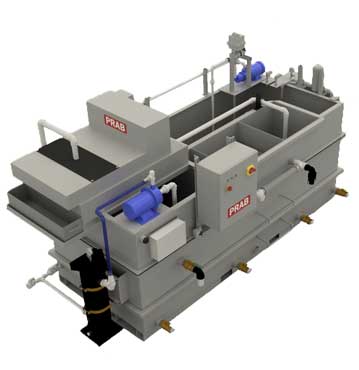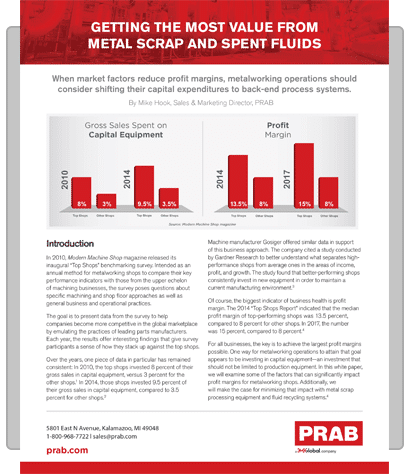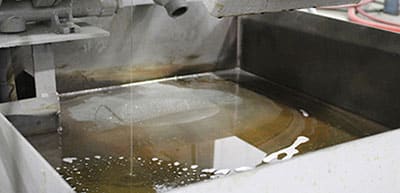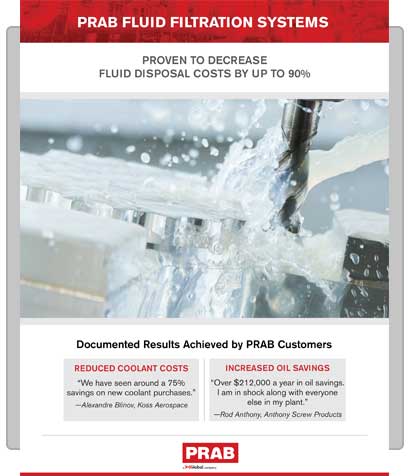
Product Brochure: PRAB Fluid Filtration Systems
Proven to Decrease Fluid Disposal Costs By Up to 90% Documented Results Achieved by PRAB Customers: REDUCED COOLANT COSTS “We have seen around a 75% savings on new coolant purchases.” – Alexandre Blinov, Koss Aerospace INCREASED OIL SAVINGS “Over $212,000 a year in oil savings. I am in shock along with everyone else in my […]

